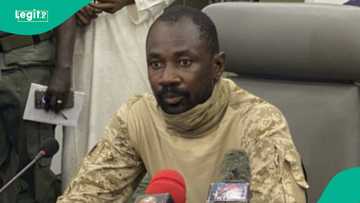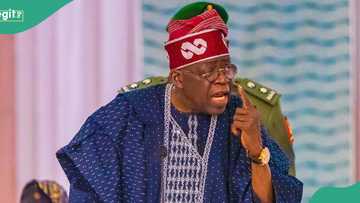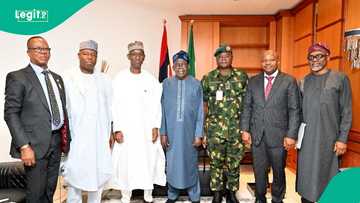1960-2018: “No Place for Military Incursion in Nigeria,” Gowon Declares, Explains Why
- Former Head of State, General Yakubu Gowon, has emphasised that despite democracy’s flaws, the days of military governance in Nigeria must be consigned to history
- He made this statement on Wednesday during the launch of the book “Military Factor in Nigerian History, 1960-2018”, published by the Historical Society of Nigeria (HSN) as part of its 70th anniversary celebration in Abuja
- Gowon noted that while the military had played significant roles in Nigeria’s development and unity, particularly during the civil war, its time in political leadership should remain in the past
Legit.ng journalist Esther Odili has over two years of experience covering political parties and movements.
A former Head of State, Gen. Yakubu Gowon, on Wednesday, said that in spite of the imperfections in democracy, the era of military rule must remain behind Nigeria.
Military rule in Nigeria: Gowon speaks
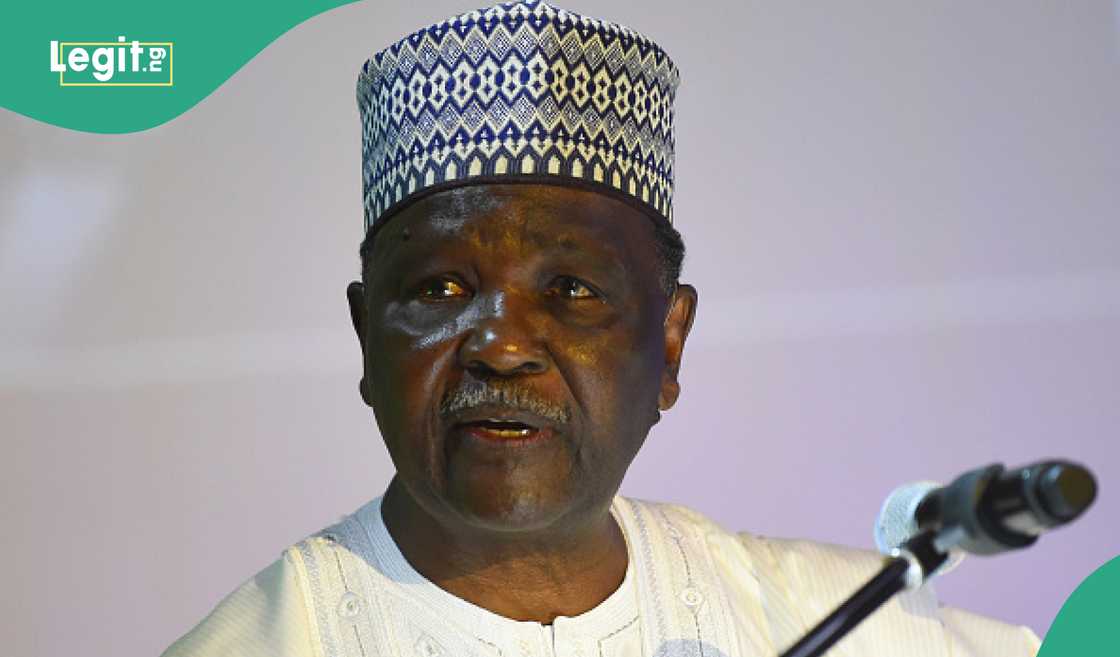
Source: Getty Images
Gowon stated this in Abuja at the unveiling of a book titled “Military Factor in Nigerian History, 1960-2018” by the Historical Society of Nigeria (HSN), as part of activities to mark the association’s 70th anniversary.
As reported by Daily Trust, he said while the military and its various regimes had contributed monumentally to the peace and economic development of Nigeria, it must continue to support the advancement of democracy and national development.
“The era of military governance is and must remain behind us. Democracy, despite its imperfections, provides the best framework for national development and popular participation.
“The armed forces must fully embrace their constitutional role as defenders of the nation’s territorial integrity, not as administrators or political actors,’’ he said.
Gowon concerned about military incursion into Nigerian politics
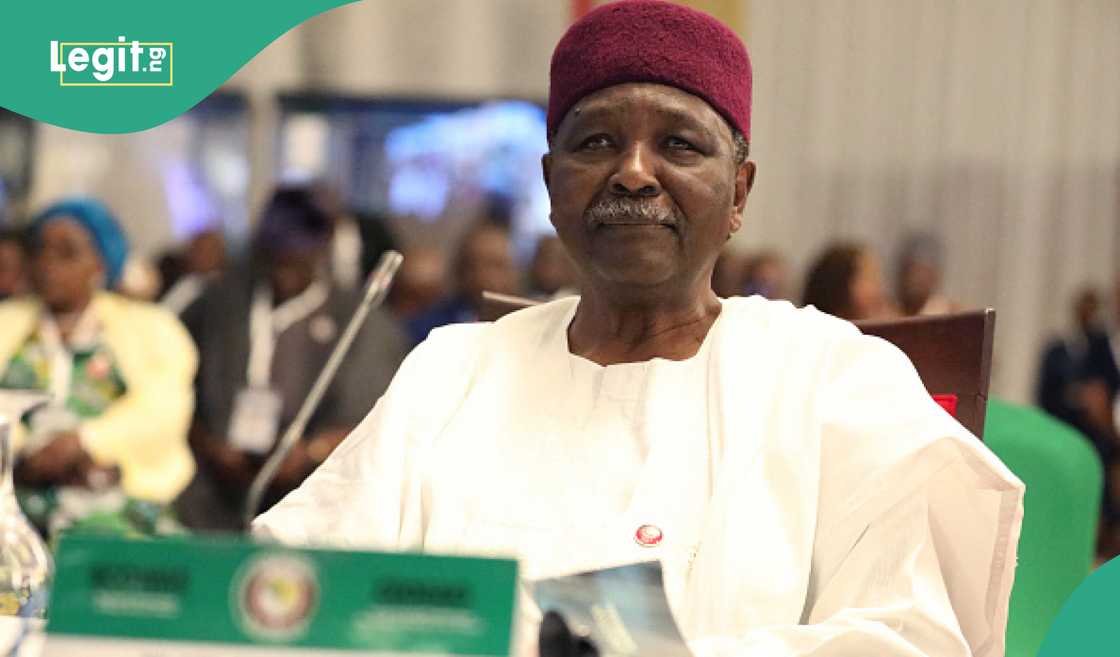
Source: Getty Images
Gowon, who chaired the occasion, said the military factor in Nigerian history is neither a simple story of heroism nor villainy.
He described it as a complex narrative of an institution that had been deeply intertwined with the country’s national journey.
The former head of state observed that the question of whether the military has been a hero or villain in Nigeria’s development journey is perhaps the most contested.
“With the wisdom that comes from age and reflection, I believe the answer lies somewhere in between. On one hand, the military preserved national unity during the civil war.
“On the other hand, I must acknowledge that military rule stifled democratic development, sometimes violated civil liberties, and created structures that enabled corruption.
“The interruption of our democratic journey in 1966, 1983, and the annulment of the June 12, 1993 elections represented dark chapters in our history that we must confront honestly.
“However, by acknowledging these mistakes, we pave the way for a brighter, more democratic future,’’ Gowon said.
Reflecting on the civil war in Nigeria, Gowon described it as the most painful episode in Nigeria history, “but one ultimately reaffirmed our commitment to national unity.’’
Read related articles here:
Jonathan, Gowon, Peter Obi condemn one-party state
Previously, Legit.ng reported that former President Goodluck Jonathan has cautioned against any attempt to create a one-party state in Nigeria.
Jonathan, during a memorial lecture in honour of the late elder statesman, Pa Edwin Clark, in Abuja, warned that the move could endanger democracy and national unity.
Also speaking at the event, Peter Obi and Gen. Yakubu Gowon stressed the importance of prioritising national interest over personal ambition ahead of the 2027 election.
Source: Legit.ng

